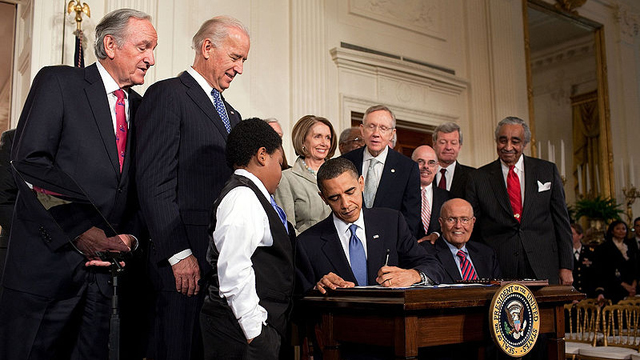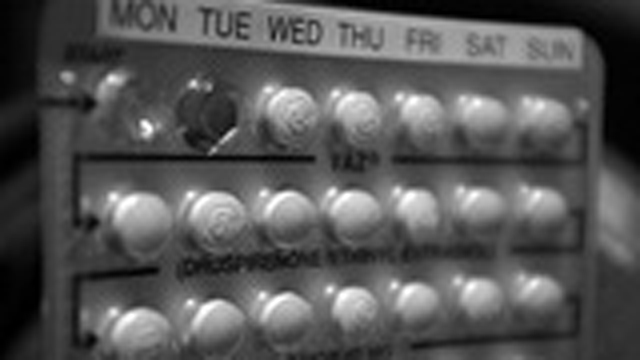France’s lower house of Parliament voted yesterday to ban the wearing of veils that cover the face in public places. Aimed at the burqas worn by Muslim women, the legislation […]
All Articles
What makes a great software developer? Legendary programmer and designer Justin Frankel says the most productive programmers have an ability to cut through to what’s really important, focus on that, […]
Here are some of the what I consider to be this year’s essential rnreadings on politics. In particular, today I want to look at some of the crucial rnissues that underlie domestic politics in America.
IN what will be seen as a significant ratcheting up of the pressure on isolated North Korea, South Korea is considering major changes in its relations with China – up […]
“Mad, bad and dangerous”, these are the epithets apparently attached to Gordon Brown, our previous Prime Minister by Tony Blair our previous Prime Minister but one. They form the centre […]
“Journalism should be more like science,” says the founder of Wikileaks who has drawn the ire of many political authorities for exposing various cases of corruption and fraud.
“While I do not mean to let bad parents off the hook, the fact remains that perfectly decent parents can produce toxic children.” A psychiatry professor on why parents aren’t always to blame.
Two English health scholars have written a book called ‘The Spirit Level’ which locates the cause of social ills in income inequality. The Boston Review unpacks their arguments.
“Students are taking out loans that they may not be able to repay, and some fear massive defaults.” Iowa Senator Tom Harkin says for-profit colleges may be doing a public disservice.
“We were promised a life of leisure thanks to hard-working robots and fiendishly clever cyborgs. But the android fantasy has largely been terminated,” says The Independent.
“An online game that tasks players with reining in government spending suggests the public is more willing to make hard choices than they get credit for.” Miller-McCune on the deficit question.
“The fiscal 2010 deficit—$1 trillion and counting—is an encouraging sign,” says Daniel Gross at Slate. The business columnist says worries about a short-term American debt crisis are unfounded.
Al-Shabaab, a brutal Somalian insurgency, has attacked inside Uganda. How much should this international Islamic terrorism concern the U.S. and how can, or should, the U.S. respond?
Hendrik Hertzberg at The New Yorker looks on the bright side of life: despite unprecedented world problems, the author appreciates the good food and good cooking culture in America.
Computing speed doubles once every year and a half, and so does the electrical efficiency of processors, from laptops to servers. The pattern makes our computing lives more convenient.
It’s not Shakespearean. It’s not eloquent. It may not even be meaningful as anything other than today’s shallow distraction. Yet Gibson’s hate-laced phone porn has captured our attention. Is it […]
What does the future look like? We essentially rely on science fiction thrillers to give us a taste of what lies ahead for humanity: Avatar; Iron Man; I, Robot; Surrogates; […]
Nobel Prize-winning physicist William Phillips has used lasers to make atoms nearly as cold as they can possibly be—but he says he still hasn’t gotten them cold enough. “Every process […]
The number one story that has been dominating the headlines for the past two months is the oil leak in the Gulf of Mexico. President Obama is now dealing with […]
Psychologists and economists have long wondered whether increased wealth does indeed translate into happiness, and now new research indicates that to the (small) extent we are made happier by our […]
Dana Goldstein reports in the Daily Beast that the HHS may require all insurers to cover birth control as part of health reform’s focus preventive care: “Experts expect the Department […]
Robert Reich warns of “coming trade wars” in a recent blog, also carried by Big Think. It is an important contribution in as far as it recognises that a debate […]
“Innovation is like a bush fire that burns brightly for a short time, then dies down before flaring up somewhere else,” says Matt Ridley, whose new book chronicles the history of prosperity.
Gerald Dworkin at 3 Quarks Daily asks if three Navy Seals in Afghanistan, who were killed as a direct consequence of their decision to spare civilian life, should have acted otherwise.
“Stem cell ‘pharmacies’ that dispense tissue therapies could be as common as chemist shops in 20 years’ time, according to a top scientist.” The Independent envisions the future of medicine.
“We’re in the grip of a cultural panic and we have no idea whether we’re coming or going,” says The Guardian’s Books Blog. The rapidity of current cultural change can be baffling.
British philosopher A.C. Grayling thinks a new book on current neurological studies of wisdom fails to capture the true nature of knowledge because MRIs are too narrowly focused.
A Massachusetts judge has ruled that the federal gay marriage ban, a.k.a. The Defense of Marriage Act, violates the equal protection clause of the 14th Amendment.
Once known for its cool and revolutionary attitude, Apple now appears to have gone soft, using canned emotional appeals to market its iPhone, says The Atlantic’s Niraj Chokshi.
Christopher Hitchens heaps rare praise on The New York Times for its story on tax breaks given to pro-Israeli foundations who oppose a two-state solution, contradicting stated U.S. policy.











